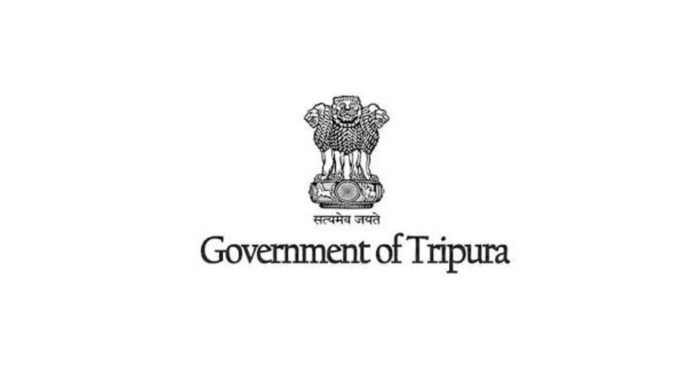In a recent statement, Chief Minister Dr. Manik Saha has made it evident that there is no immediate possibility of recruiting Kokborok teachers by the state government. This response came in reply to a query raised by the leader of the opposition, Animesh Debbarma, who had been actively advocating for the issue. Jiten Chowdhury, the CPI (M) leader of the legislature party, and Gopal Roy, a Congress MLA, also expressed their concerns regarding the matter.
Animesh Debbarma, disappointed with the situation, emphasized that Kokborok is one of the two major languages spoken in the state, yet there has been no recruitment of Kokborok teachers for the past twenty-one years since 2002. When asked about the state government’s plans for recruiting new Kokborok teachers, the chief minister stated that currently, there are 1300 Kokborok teachers at the primary level in the state, and there are no immediate plans to recruit new teachers at that level.
In response to a second query from CPI (M) leader and MLA Jiten Chowdhury, the chief minister disclosed that a total of 4506 students are currently being taught Kokborok at the primary level, out of which 2301 are male and 2205 are female. The chief minister further stated, “For the purpose of ensuring quality education, 32 Kokborok teachers have already been appointed through the Teacher Recruitment Board of Tripura (TRBT), and more teachers will be recruited in the near future to promote quality education.”
The indication from the chief minister’s statement suggests that there will be no large-scale recruitment of Kokborok teachers. The emphasis seems to be on appointing additional teachers gradually to maintain the standard of education in the interest of quality.
The absence of Kokborok teacher recruitment for the past two decades has raised concerns among various political leaders, highlighting the importance of addressing this issue promptly. As Kokborok holds significant cultural and linguistic value in the state, it is crucial to ensure adequate representation and support for the language in the education system.



